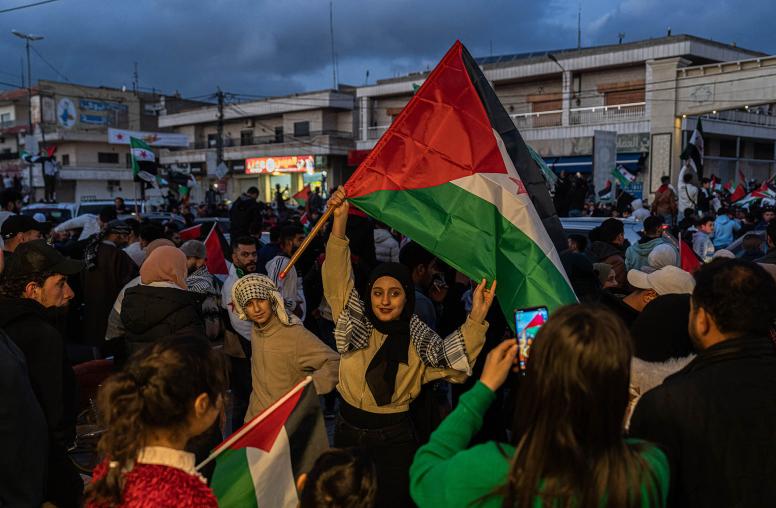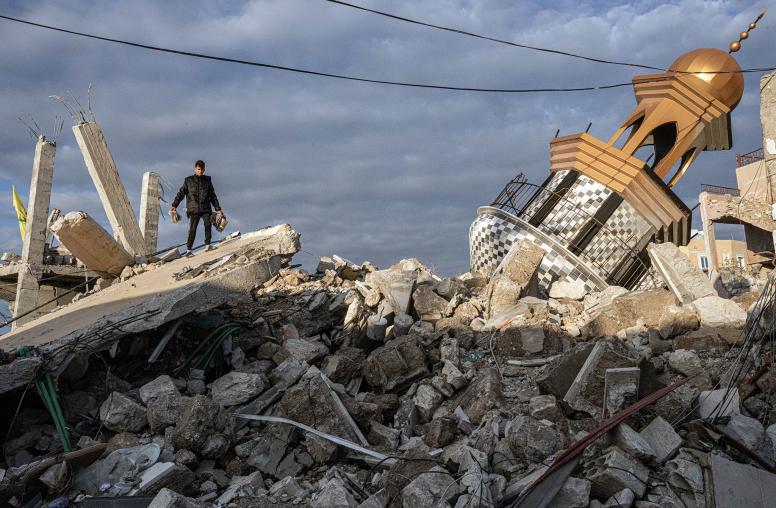Sectarianism in Lebanon and Syria
The Dynamics of Mutual Spill-Over
The Peace Brief, “Sectarianism in Lebanon and Syria,” assesses how Syria’s crisis has influenced Lebanon’s sectarian and political dynamics. It is one of a five-part series about sectarianism in the Middle East.
Summary
- When the Arab revolutions reached Syria, the Sunni-Shia cleavage in Lebanon was already well in the making. Syria’s turmoil only added fuel to an existing fire in Lebanon.
- Syria’s crisis is intensifying Sunni-Shia tensions in Lebanon on two levels, symbolic and identity-based on the one hand, and geopolitical or interest based, on the other hand.
- The shift toward identity-based or symbolic forms of sectarianism can probably be explained by the existential character the struggle in the Levant is taking, whereby both “communities,” however imagined or over-constructed, are coming to perceive themselves as defending not only their share of resources or power, but their very survival.
- Lebanon’s minority communities – including Christian and Druze – are increasingly anxious about the changing regional environment.
- Lebanon and Syria must face the difficult equation of sectarian diversity and national unity.
About This Brief
Joseph Bahout is a professor of Middle Eastern Studies at Sciences Po, Paris and a senior fellow at Académie diplomatique internationale (ADI). He also serves as a consultant to the French Ministry of Foreign Affairs in the Policy Planning Unit. This Peace Brief is one in a five-part USIP series on sectarianism in the Middle East.



